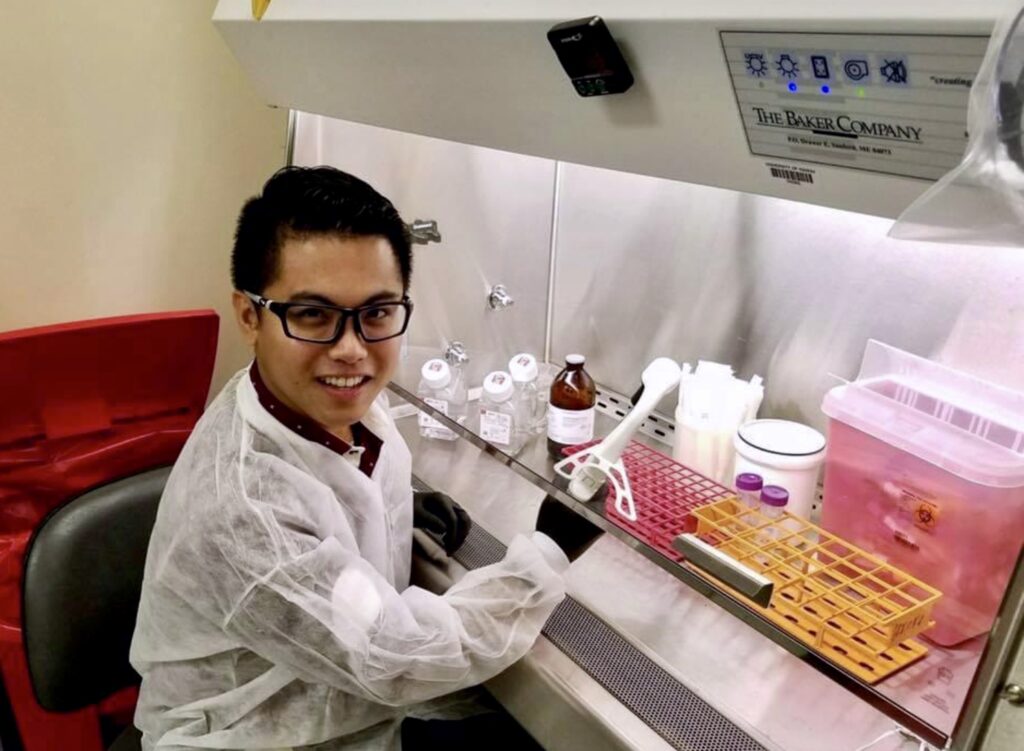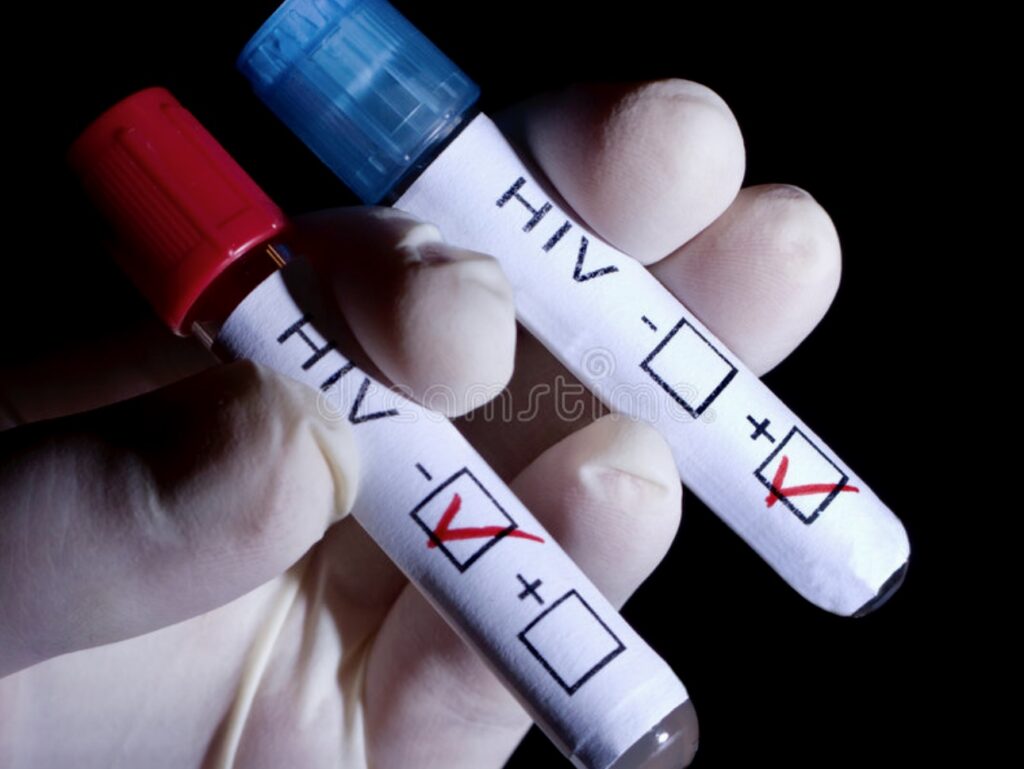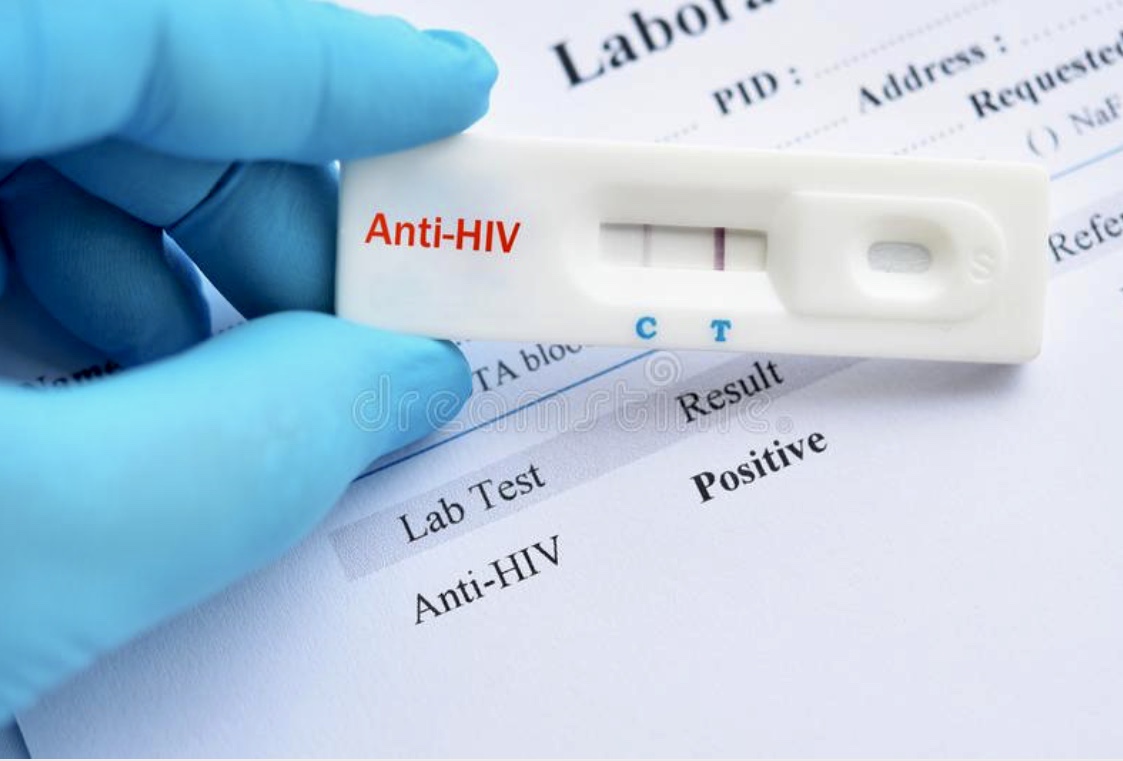Text by Henrylito D. Tacio
Photos: dreamstime.com and Facebook
More than a decade ago, some media personalities from Davao and other provinces were invited to attend an immersion on HIV/AIDS reporting in Cebu City. HIV, which stands for human immunodeficiency virus, is the microorganism that causes AIDS (Acquired Immune Deficiency Syndrome). Part of the seminar workshop was interviewing people who were engaged in the sex industry.
“My parents thought I am working in a restaurant here,” said Carol, who asked not to mention her complete name because she’s afraid they would find out. Only 18, she could be the next Myrna Castillo or Sarsi Emmanuelle.
“I didn’t finish high school,” continued Carol, who was from Agusan del Sur. “I have a two-month-old daughter who’s living with my parents. I have to work since my boyfriend left me three months before I delivered the baby.”
She said that “if the price is right,” she sometimes went out with her customers. “I had to because I have to support my child. I don’t know of any work.” When asked if her clients used condoms, she replied that she wanted, but most of her customers didn’t like the idea.
“I used to quarrel with some of my customers who don’t want to use condoms,” Carol said. “But you can’t do anything if they don’t want to. They’d force you or you’d just be hurt.”
In the last ten years, the average number of new HIV cases in the Philippines has grown from one per day to 32 per day. With a 140% increase from 2010 to 2016, the country has the highest percentage of increase of new HIV cases in the Asia and Pacific region, according to the United Nations Agency for AIDS.
“We cannot change nor deny the fact that HIV and AIDS cases continue to rise,” said Health Secretary Francisco T. Duque III.
HIV attacks the immune system, the body’s natural defense against illness. If HIV is left untreated, it may take about five years for the immune system to be severely damaged; it can no longer defend itself at all. “However, the speed HIV progresses will vary depending on age, health and background,” the website of Avert (www.avert.org) points out.
HIV is spread through the exchange of body fluids with a high concentration of the virus (viral load) such as cerebral fluid, amniotic fluid, blood, semen, cervical and vaginal secretions, and breastmilk. It can be transmitted through sexual intercourse, blood and blood products, shared needles, and mother-to-child.
Being infected with HIV is no longer a death sentence these days. “HIV is not and should not be a death sentence anymore,” points out Dr. Louie Mar Gangcuangco, who has worked as a researcher at the Hawaii Center for AIDS. “If HIV is detected early and if the patient takes antiretrovirals early, the virus can be controlled.”

However, in order to be treated, you need to know if you have HIV. And you will only find out if you undergo HIV testing. “Testing for HIV and other sexually-transmitted infections is strongly advised for all people exposed to any of the risk factors,” the World Health Organization (WHO) said on its website. “This way people learn of their own infection status and access necessary prevention and treatment services without delay.”
However, all HIV testing services must follow the five principles recommended by WHO: consent (informed), confidentiality, counseling, correct test results, and connection (linkage to care, treatment, and other services).
Recently, I went to a private hospital in Davao City to get tested. I was referred to go to where bloods are tested – for drug testing, blood samples for those who are sick or admitted to the hospital.
There were so many people inside the room. I took a number and waited for my number to be called. When my number came, I went to the receptionist and told her my reason. When she heard about it, she wrote something and said I had to pay first to the cashier. She also gave me a paper where I wrote my name and had it signed.
After paying to the cashier, I returned back to the receptionist, who called someone to accompany me. “Sir, you have to undergo counselling first before we will take your blood sample,” she said.
When I entered the room, I was greeted with a smile. Then, she explained to me the process. There are only two results, she said. “If the test says you are reactive, this means you may have HIV. If the test says you are non-reactive, this means you don’t have HIV.”
If the result is non-reactive, the person is immediately given the paper stating so. However, the HIV counselor emphasizes the importance of the ‘window period.’ This is the time when the test result reveals that you do not have HIV when in fact, you are a carrier of the virus. If a person gets infected with HIV today, it takes about two weeks up to 6 months before the HIV screening can test positive, and this is called the ‘window period.’ This is why persons who had recent exposure are encouraged to come back for repeat HIV testing.

For those who are reactive, they have to wait about 2 to 4 weeks before they get the result. “Generally, if the blood has been found to be positive, it is sent to the San Lazaro Hospital in Manila for confirmation,” she said.
The counselor also inquired if a doctor referred me to the hospital. I replied that there was none, and I was doing it on my own. This is a requirement of Philippine Law (Republic Act No. 8504). Under the law, the privacy rights of those seeking to get tested need to be respected.
After that, she went on asking some questions, which are private matters like the first time to have sex, sexual preferences, acts done during a sexual encounter, the last time I had sex, and anything pertaining to sexual life.
“Once I start questioning people about these things,” the counselor said, “they are immediately turned off. But it’s part of the process. There are those who want to skip this question-and-answer portion and just proceed with blood testing.”
After that, I went back to where I started. I went to the receptionist, and they told me to wait. When my number was called again, I went to a cubicle where a blood sample was taken. After that, I was asked to return that same day to get the result.
When the time came, I returned to the counselor to get the result. She asked my name again, and when she found it on her computer, she printed a copy. She placed it in a white envelope and handed it to me.
I was adamant to open it. But after a few moments, I finally opened it. It reads: “Non-Reactive.” I told the counselor, who said: “Congratulations!” She gave me some words of advice. I thanked her profusely and left.
By “non-reactive,” it means that the test did not find any evidence of HIV infection. “You can be confident that you don’t have HIV and that you are HIV negative, so long as you have not been exposed to HIV quite recently, during the test’s window period,” explains the website aidsmap.com.
“Knowing your HIV status is not just a right but also a responsibility. People with HIV can live normal and productive lives as long as they take their medications and follow-up regularly with your doctor. Getting tested is not only for yourself, but also for your loved ones,” says Dr. Gangcuangco, an international HIV researcher and a Balik-Scientist of the Department of Science and Technology.

